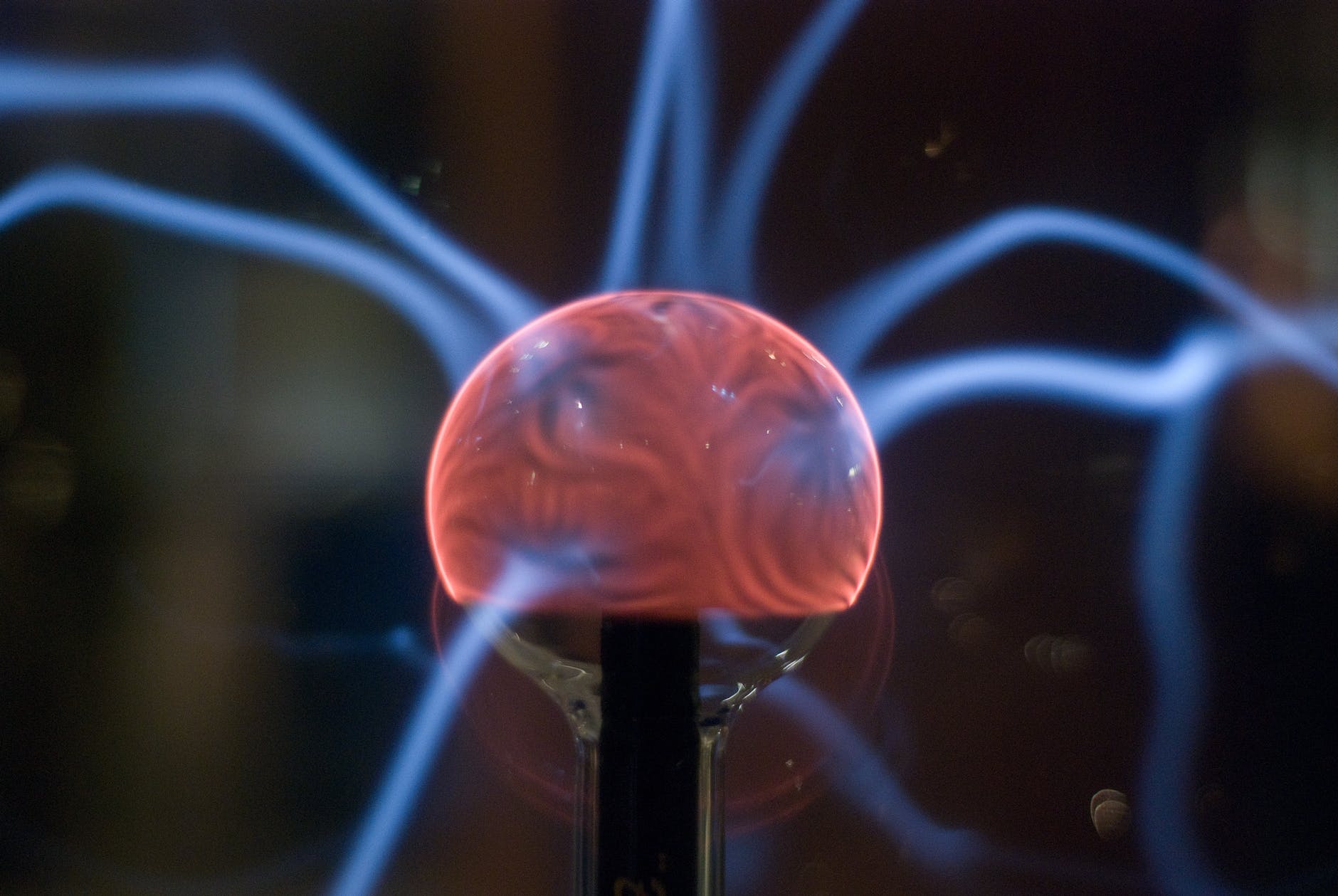There are many medical reasons that result in difficulty walking in a straight line. These reason range vastly in seriousness. However, we will be discussing some of the main causes:

- Inner Ear (Vestibular) Disorders
- Neurological Disorders
- Nerve Damage
- Deconditioning
- Poor vision
Inner Ear Disorders
The inner ear, also known as the vestibular system plays an important role in balance. It senses important information with regards to motion, equilibrium, and spatial awareness. We have vestibular organs on each side of the head, and when both sides are functioning properly, they send symmetrical impulses. However, if one or both sides stop working correctly, problems can occur with relaying that sensory input to the brain.
Inner ear disorders usually cause issues with orientation. The most common disorder is called Benign Paroxysmal Positional Vertigo (BPPV). This type of disorder occurs when particles in our inner ear have moved into the wrong position. As a result, most people feel a sense of dizziness with certain head movements. This can be resolved with treatments at Physical Therapy.
Other disorders of the inner ear are caused by infection, which often require medications, and physical therapy to re-train the inner ear. This is also true of diseases of the inner ear, such as the well known Meniere’s Disease.
Neurological Disorder
If you feel unbalanced and can’t seem to walk in a straight line, it could be as a result of a more serious problem. This includes:
- Stroke – If the symptoms of dizziness and imbalance are sudden, and if you are also experiencing numbness, weakness, speech problems, or vision problems, go to the E.R. immediately.
- Dementia – This is a common cause of balance problems, as it is difficult for people to remember where they’re going, or what they are doing. This sudden disconnect leads to increased confusion, and an increased risk for falling.
- Parkinson’s Disease – This neurological condition results in changes in gait and balance. You may begin to have difficulty noticing how your body is positioned, and may, for example feel like you are standing straight, when you are actually leaning to the side, or backwards. As a result, you are more likely to loose your balance, trip and fall.
Nerve Damage
Nerve damage, or peripheral neuropathy, occurs when the nerves that send information between the brain and body are damaged. If the nerve damage is in the feet, or legs, this causes difficulty maintaining balance. Nerve damage is most commonly caused by diabetes, however it can also be the result of infection, trauma, alcoholism, nutrient deficiencies, trauma, autoimmune diseases and medications, such as side effects from chemotherapy. Multiple Sclerosis is another condition in which the central nervous system is impacted, with a a loss or balance and orientation being some of the first symptoms. This loss of balance is usually accompanied by blurry vision, and numbness on one side of the body.
Deconditioning
A regression in physical strength following decreased activity levels, or following a surgery also leads to a loss of balance. This tends to impact us most as we age, and naturally become less active. However, it also impacts younger people who lead sedentary lifestyles, often those who also spend a lot of time working at a desk. With the resultant decreased strength of the legs and core, maintaining balance becomes more of a challenge.
Poor Eyesight
Our visual system is one of our three main balance systems. This system interacts constantly with our vestibular system and with the positioning of our body. The vision plays a large role in balance by gathering spatial signals. If your find yourself unable to keep a steady gaze on things around you, it can result in imbalance. If you have not had your eyes checked in the last year, or if your prescription is not up to date, this can result in difficultly focusing and gathering accurate information from your surroundings. As a result, it is more difficult to keep your balance.



